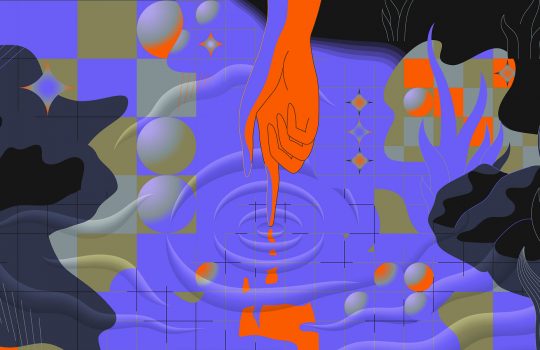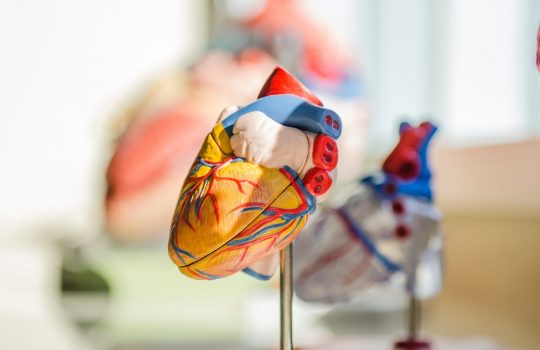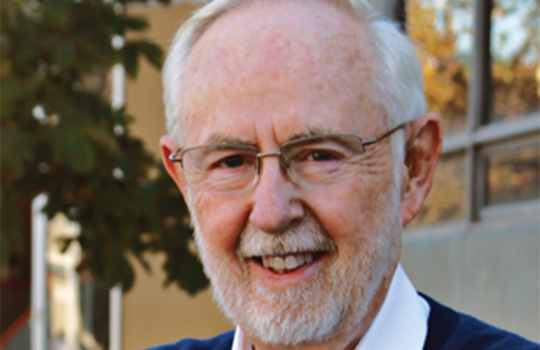Dan Brouillette confirmed by the U.S. Senate to be secretary of energy
From DOE, Dec. 2, 2019: in a bipartisan vote of 70-15, the United States Senate confirmed Dan Brouillette to be the 15th U.S. secretary of energy. An official swearing in will take place at a later date. Prior to confirmation, Acting Secretary Brouillette served as the deputy secretary of energy under Secretary Rick Perry.




